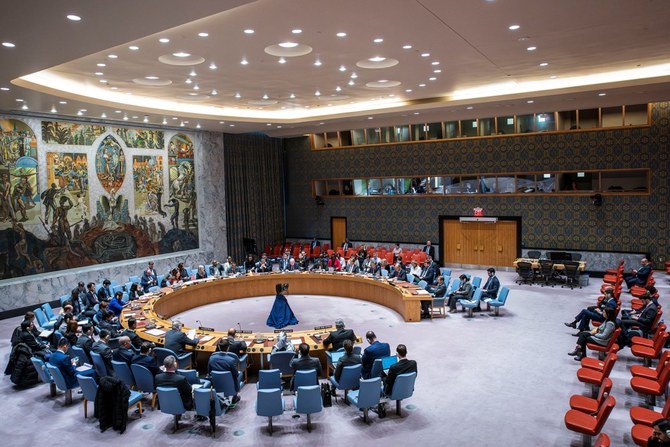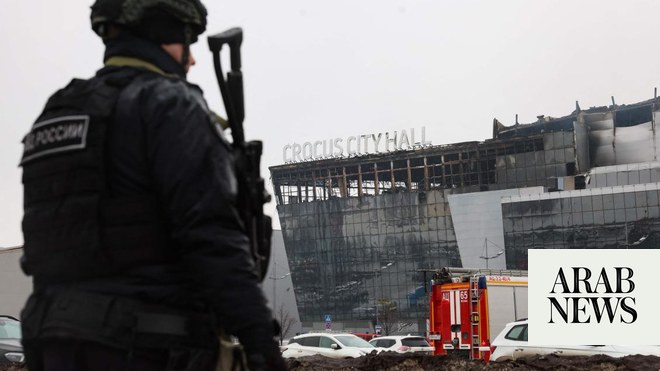
Natalie Morton said she was bullied into entering active combat zone by senior colleague
‘We utterly reject these claims,’ BBC says in statement to Arab News
LONDON: A former BBC journalist has claimed that senior bosses tried to stop her speaking out after she was bullied into working in life-threatening conditions while reporting on the conflict in Syria.
Natalie Morton, a former BBC producer, was paid over £100,000 ($128,926) after she said senior war correspondent Lyse Doucet pressured her into a trip to an active combat zone in the city of Homs in 2014, where she and a colleague were caught up in a mortar attack. The colleague, a cameraman, suffered 35 injuries as a result.
Morton said Doucet had been “aggressive” in pushing for staff to venture into danger zones with her, but her “perception of safety was almost completely absent.”
Morton reserved more criticism for BBC management, who she claimed failed either to keep staff safe or to provide proper care and assistance for journalists who had undergone traumatic experiences while working in combat zones. She said she had suffered from post-traumatic stress disorder due to the incident.
“The BBC does not care about employee wellbeing,” Morton, who also spent time working in Afghanistan and Iraq, told The Times newspaper.
“There was no peer-to-peer support and no possibility of redeployment so that I wouldn’t have to go back into hostile environments.”
She said as part of the bullying settlement, in which the BBC did not admit liability, bosses had at the last minute tried to insert a non-disclosure agreement and a joint statement condition.
“I refused,” Morton added. “There was no point in taking the case without being able to warn my colleagues that the BBC is not doing its job and that staff are at risk of psychological trauma.
“There is still very much a macho atmosphere in the BBC newsroom: If you express concern about safety then the more likely you will not be given jobs.”
In a statement sent to Arab News, the BBC denied that it ever sought to stop Morton from talking about her experiences whilst at the corporation.
“We are pleased to have reached a resolution where there were no admissions of liability,” it said.
“We utterly reject these claims. The BBC has never sought to stop Ms Morton from talking about her experiences at the BBC,” it added.
“The safety of BBC staff is paramount. We have robust risk assessments in place, we give staff thorough training to work in hostile environments, staff can decline assignments in dangerous locations, and we have extensive support structures for staff on their return from abroad.”












